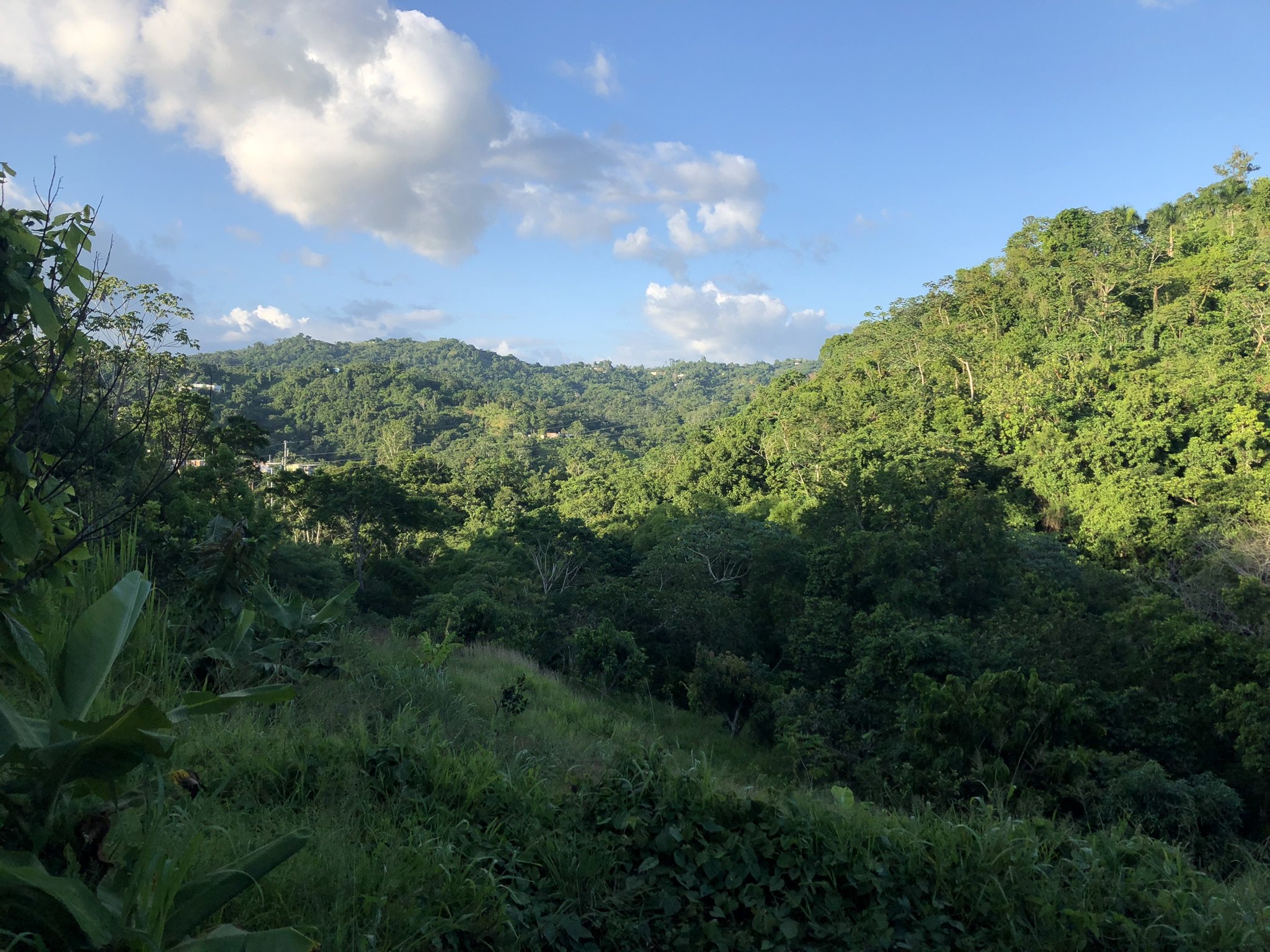
Coffee Connection is dedicated to improving the lives of farmers through education and community engagement from seed to cup.
Coffee, commodified
There are roughly 2 billion cups of coffee consumed each day worldwide. This is an astonishing figure, and yet we hardly know from where that cup originated. Coffee has long been enjoyed across the world, but is increasingly seen as a commodity in the United States, amounting to wage shortages and therefore lower incentive for farmers to both practice sustainable growing techniques and high quality harvest standards. However, there is inspiration hidden in the story of our favorite beverage.
The long history and rich culture of coffee includes a chapter of Caribbean dominance of which Puerto Rico was once a great part. Along with commodification, cost of living increased in PR and former US buyers looked elsewhere. Coffee, and agriculture in general, has since suffered, amounting to 50% of each year’s crop going unpicked — if the farm survives at all. Although the PR Department of Agriculture is working to incentivize coffee farmers, the movement needs help from buyers too.
Coffee Farming 101
-

Plant it.
During the summer of 2023 we helped to maintain the more than 1,000 coffee saplings and build terraces into the mountainside where they would later be planted. Coffee reaches a productive maturity level after 3-5 years in the ground. They require warm weather with good shade, and a lot of rainfall. At higher altitudes the temperatures are generally more moderate and the coffee ripens slower. This provides the flavors more time to develop, and the eventual cup of coffee is more complex. When the time comes, we harvest!
-

Harvest it.
Coffee is a fruit, and similar to other cherries, they taste best when properly ripe. It is important to selectively harvest the cherries which are deep red in color. The traditional coffee picker will wear a shoulder basket and harvest between 45 to 90 kilograms per day. Coffee reaches peak ripeness daily and is picked accordingly. By the end of the season, a given Coffea arabica plant may have produced up to 6 kg of coffee cherries which are then processed.
-

Process it.
The goal of coffee processing is to remove the outer outer layers of the cherry, leaving the seed (bean) ready to roast. There are various methods to do so, but the most common are the natural and washed processes. These involve removing the mucilage from the seed via sun-drying or prolonged rinsing in water, respectively. With each process comes a different taste profile which will be accentuated by the roaster; the farmer’s work is now done.
Project Goals
Our work with coffee farms is two-fold: we first help to improve the techniques of coffee harvesting and processing. By working directly with farmers, we establish a baseline then improve upon their coffee quality. Next, we intend to connect farmers directly with ethical roasters who value their coffee and pay a fair living wage. Our work towards these goals began in 2024, but we continue working in the future.
Synthesize a plan for Buena Fruta Farm to improve their harvest size and quality moving forward based on the results of the 2024 harvest.
Build a connection with two more coffee farms in Puerto Rico during 2025.
Learn more about green coffee purchasing from our partner roasteries.
Progress
During October, 2024 we traveled to Mayagüez, PR to help perform the first coffee harvest on Buena Fruta Farm. While the shrubs were very young, we still were able to harvest from about 115 productive shrubs. Additionally we planted 200 more young shrubs, bringing to overall farm total to nearly 1,500.
Harvested about 45 kg of coffee cherries and processed them using honey and washed methods.
After milling, this amounted to about 7 kg.
Transported the coffee to four roasters in Illinois—one being a certified Q-grader—to get a sense of the quality.
The highest score is TBD.
Coffee Connection intends to promote sustainable farming and ethical partnerships. We aim to build more relationships with Puerto Rican coffee farmers moving forward, to share coffee knowledge and bring coffee to people who are excited to know exactly where their coffee came from.

Meet our Partners
-
Farmer Jeff
We found Buena Fruta back in 2023 and have been partnered since. Jeff runs a tropical fruit farm with only volunteer help. His farm is home to over 100 species of cultivated fruit and nut, with plenty more wild biodiversity. We are excited to be partner with Jeff and his farm located in Mayagüez, Puerto Rico.
-
Local Specialty Coffee Shop
A staple to the small town of Libertyville, IL, Hansa has been roasting coffee since 2013. After several months of working to perfect the barista craft, our partnership with Hansa goes deeper. A part of the Buena Fruta harvest will go straight to Hansa to get a first taste of the quality and complexity of our cup.
-
Illinois Roasters
The newest roasters onto the scene in central Illinois, Elm City is passionate about sourcing ethical coffee and working on a local scale. We found each other and immediately found shared values in the realm of farming and community.








